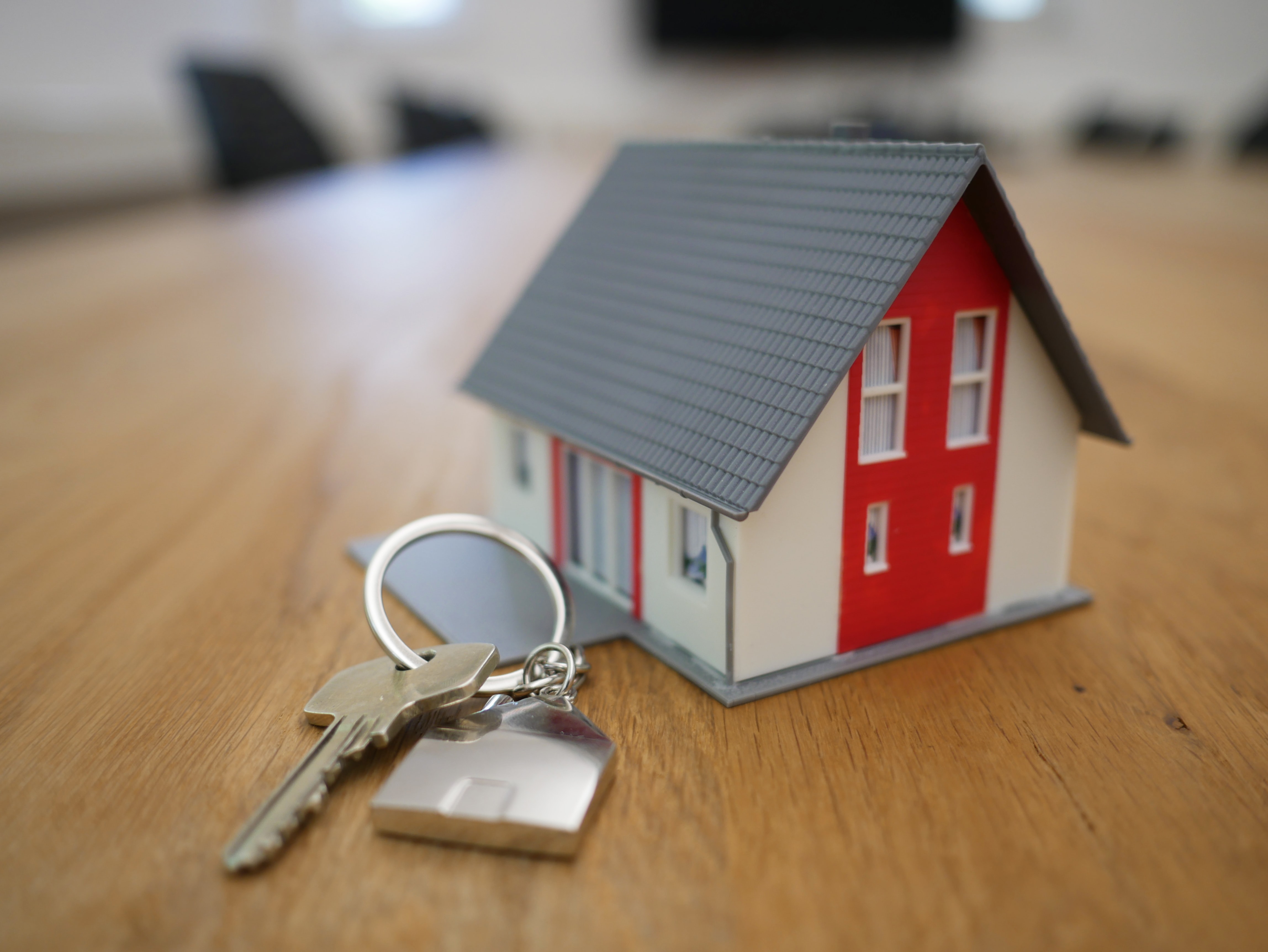What Credit Score Do You Need To Buy A House?

Purchasing a home is a significant financial decision, and your credit score plays a crucial role in determining whether you’ll be approved for a mortgage and what interest rate you’ll receive. In this article, we’ll discuss what credit score you need to buy a house and how your credit score can impact your mortgage application.
What is a credit score and why is it important for buying a house?
First, let’s define credit score. Your credit score is a three-digit number that reflects your creditworthiness and is used by lenders to determine the likelihood that you’ll repay a loan. It’s based on the information in your credit report, which is a record of your credit history. The three major credit bureaus (Experian, TransUnion, and Equifax) each generate their own credit report, and your credit score may vary slightly depending on which bureau’s report is used.
What is a good credit score for a mortgage?
Now, let’s talk about what credit score you need to buy a house. While there is no “magic number,” a good credit score for a mortgage is generally considered to be 700 or higher. However, it’s possible to qualify for a mortgage with a credit score as low as 620, though you may face higher interest rates and require a larger down payment.
How does your credit score impact your mortgage application?
It’s worth noting that the minimum credit score required for a mortgage can vary depending on the lender and the type of mortgage you’re seeking. For example, some lenders may have stricter credit score requirements for government-backed loans, such as FHA loans, which are designed for first-time homebuyers or those with lower credit scores.
Factors that lenders consider when evaluating a mortgage application
In addition to your credit score, lenders will also consider other factors when evaluating your mortgage application, such as your income, employment history, and debt-to-income ratio. These factors can also impact the interest rate you’ll receive on your mortgage.
Tips for improving your credit score and increasing your chances of getting approved for a mortgage
So, what can you do to improve your credit score and increase your chances of getting approved for a mortgage? Here are a few tips:
- Pay your bills on time: Late payments can have a significant negative impact on your credit score, so it’s important to pay your bills on time, every time.
- Keep your credit utilization low: Credit utilization refers to the amount of credit you’re using compared to the amount of credit you have available. A high credit utilization ratio can negatively impact your credit score, so it’s a good idea to keep your credit utilization below 30%.
- Check your credit report regularly: It’s important to review your credit report regularly to ensure that all of the information it contains is accurate. If you find any errors, be sure to dispute them with the credit bureau.
- Be cautious about applying for new credit: Every time you apply for credit, it generates a hard inquiry on your credit report, which can slightly lower your credit score. So, be selective about the credit you apply for and try to limit the number of hard inquiries on your report.
Summary and conclusion
In summary, while there is no “magic” credit score you need to buy a house, a good credit score can make it easier to qualify for a mortgage and get a lower interest rate. By paying your bills on time, keeping your credit utilization low, regularly checking your credit report, and being cautious about applying for new credit, you can work towards improving your credit score and increasing your chances of getting approved for a mortgage.


